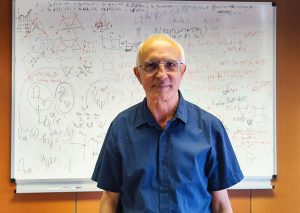 Armando Pérez is a theoretical physicist and a professor at the Department of Theoretical Physics at the University of Valencia, in Spain. He is also a member of IFIC ( Instituto de Física Corpuscular), which is a joint institute between the university itself and the Spanish National Research Council (CSIC).
Armando Pérez is a theoretical physicist and a professor at the Department of Theoretical Physics at the University of Valencia, in Spain. He is also a member of IFIC ( Instituto de Física Corpuscular), which is a joint institute between the university itself and the Spanish National Research Council (CSIC).
Since completing his Ph.D. in 1987, Armando has devoted his career to a wide range of topics. His thesis focused on the study of dense nuclear plasmas at high temperatures, similar to those found in supernovas and neutron stars. Over time, his interest shifted to the particle processes involved in these types of stars, specifically within the field known as “astroparticles.”
In 2004, he began exploring quantum information, primarily focusing on quantum walks. He has also ventured into the study of open quantum systems, a field where he has developed knowledge that has proven valuable in his approach to quantum computing.
Throughout his career, Armando’s interests have continued to expand. In the following interview, he tells us that he has recently delved into topics such as many-body quantum systems and quantum machine learning.
Currently, Armando Pérez works closely with doctoral students, postdoctoral researchers, and distinguished researchers. Together with them and other national and international centers, they are conducting various research projects that are an integral part of Quantum Spain.
What is/will be the contribution of the University of Valencia to the Quantum Spain project?
Quantum technologies have been attracting an increasing number of researchers worldwide, and our university is no exception. Other groups from our university, specifically from the School of Engineering, and from IFIC have joined the initiative. Together, this represents a significant contribution in fields such as quantum machine learning, quantum metrology, quantum system simulations, and quantum algorithms. We are a growing group, and we have made a substantial number of contributions in these fields through publications in scientific journals and participation in international conferences. In essence, it’s a significant contribution.
One of your tasks is the “study and characterization of noise in quantum computers using Artificial Intelligence techniques.” Could you explain what this entails?
Noise is an effect that occurs in any quantum system because it inevitably interacts with its environment. The algorithms designed for quantum computers, which give them an advantage over classical computers, perform optimally when this noise is absent or very low. Noise degrades the performance of quantum computers.
This noise creates a kind of interference that we would like to eliminate or at least minimize. To do this, the first step is to understand the causes that generate this interference, which can be quite diverse. Depending on their origin, they will produce different effects. This is what we refer to as noise characterization, and it can be done using various techniques. Once the origin is identified, it’s possible to build a simple physical model that replicates the observed effect. With the help of these models, we can perform simulations on classical computers and study pulse techniques that compensate for unwanted interferences. When applied to quantum computers, these techniques can improve their performance.
What do you consider the distinguishing factor of Quantum Spain compared to other quantum computing projects?
Indeed, there are other national and international projects on this topic. However, in my opinion, Quantum Spain brings several fundamental aspects that can greatly enhance research. In addition to direct support, it will facilitate access to a quantum computer for the scientific community, as well as quantum emulators. The latter are classical computers but with libraries that allow running programs in the same way they would run on a quantum computer (although not as fast). They are very useful for learning how to design and fine-tune quantum algorithms, which can eventually be transferred to quantum computers as they become available. Quantum Spain includes user support to help them in this task.
It is also essential to involve the public by disseminating scientific activity related to quantum technologies, as they have a significant impact on a social and economic level. This goal is also part of the project. In conclusion, Quantum Spain provides a unique ecosystem that integrates all these aspects.
What do you believe will be the most significant impact of quantum computing in the future, and which of its potential applications do you find most interesting?
The development and extensive use of computers have been milestones in our industrial and scientific progress. We can’t imagine a company or research institute without them. In fact, they extend to every imaginable field: education, homes, administration, and more.
However, there are many complex problems that require enormous resources, referring to supercomputers working for many days. These challenges exist in the fields of aerodynamics and hydrodynamics, relevant to the aerospace industry, as well as in astrophysics. We also have weather prediction and the simulation of climate models, which are highly relevant in the face of global warming. Additionally, complex molecule calculations in chemistry are essential for the development of new drugs, to name a few examples.
The expectation is that these calculations can be performed much more efficiently in the future with quantum computers. In fact, we are already starting to have suitable algorithms for this, and it is expected that they will continue to evolve alongside quantum computers themselves. To achieve this, we need to increase the number of quantum bits (qubits) and reduce the noise mentioned earlier. There is no doubt that the impact on industry and science will be enormous.
What advice would you give to someone interested in entering the field of quantum computing as a researcher?
Most importantly, a good education is necessary. After completing undergraduate studies, you can pursue specialized master’s programs in quantum technologies, where you will gain the necessary knowledge in quantum information and computing, as well as experimental courses. Years ago, it was necessary to pursue such a master’s program abroad, but now there are several options in Spain.
And, of course, enthusiasm and effort are required in this field filled with young people eager to learn and work. There is also a growing number of job opportunities in both research and industry.
No one knows what the future holds, but we are filled with hope and fascination for the advancements in this field.




